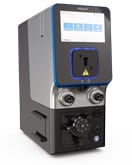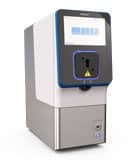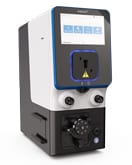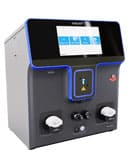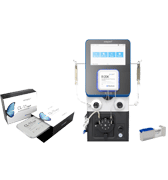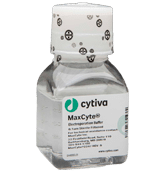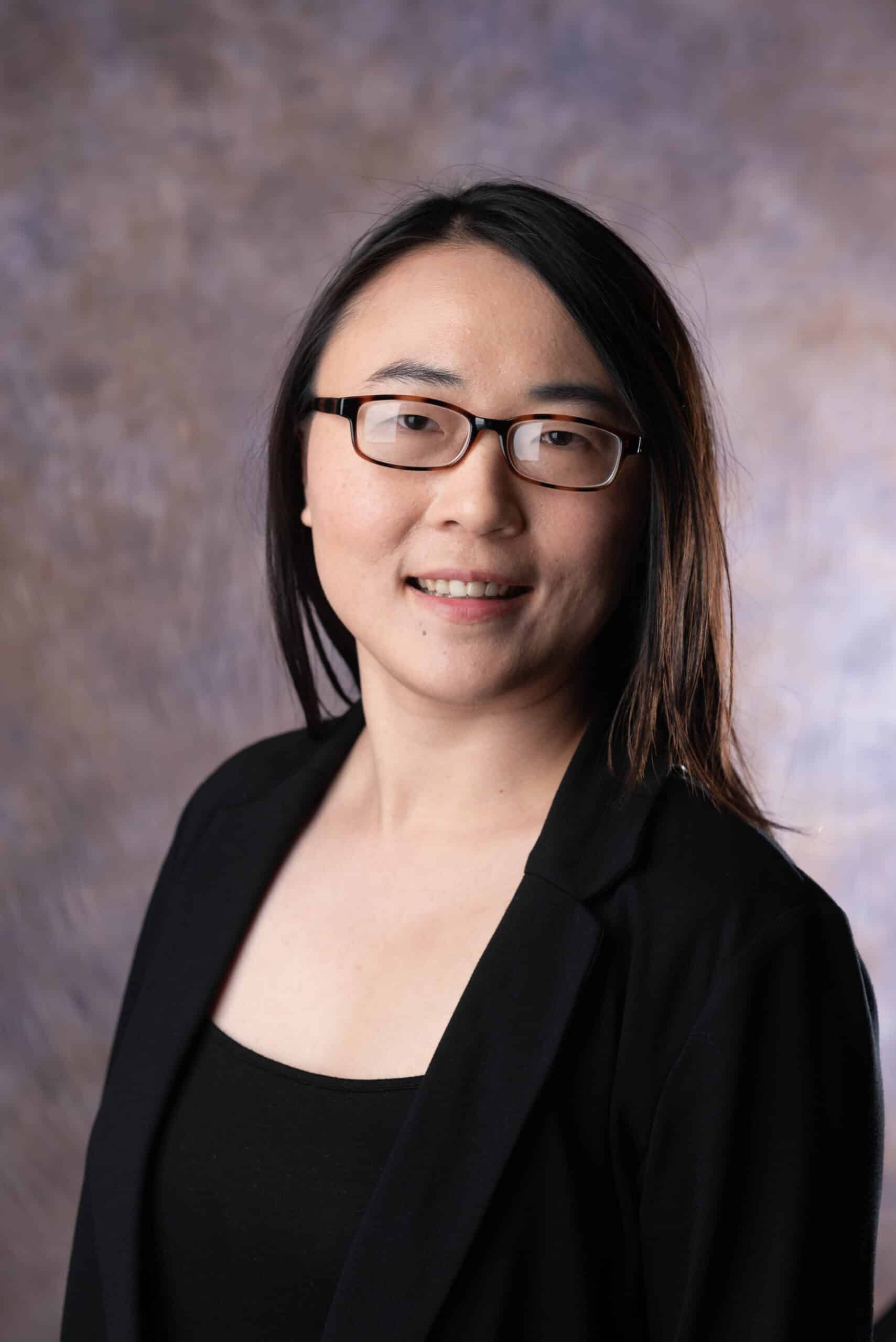
Yuqi Zhu, Senior Scientist, Cell Therapy Process Development
Before coming to MaxCyte, Yuqi worked in Process Development at WuXi Advanced Therapies in Philadelphia. She received her PhD in Chemical and Biological Engineering from the University of Buffalo, after earning a bachelor’s degree in Chemical Engineering from Tianjin University in China.
Who inspires you? How do you inspire others?
Growing up in China, I was inspired by a 16th century, classic Chinese novel, Journey to the West, which is about a Buddhist monk who travels to India on foot to find holy Buddhist scriptures. It tells the story of his many adventures with three animal spirits – a pig, monkey and fish – and the challenges they overcome to bring the sacred scrolls back to China. The book demonstrates that you have to be determined and work hard to get what you want, as it may not be easy to achieve.
I have an adventurous spirit and enjoy trying new things. I recently received my advanced open water scuba diving certificate and am also learning to surf, as I like water-related activities. I think that the philosophy in the book applies to my love of adventurous outdoor activities because you have to put a great deal of effort into training and practicing to become successful at them. Learning new things is also about making mistakes, which in my opinion are good, as they are part of your life experience. Living is not always about the sweet, happy things, but it also entails the challenges and sufferings. This is what makes us grateful and resilient.
What drew you to become a scientist?
Similarly, my adventurous spirit carries over into my passion for new discoveries in science and technology. In China, students can pick from six different majors for their studies and future career. My first choice was to become a doctor as my mother developed a rare autoimmune disease when I was in high school. When she was sick, I felt a sense of helplessness and emotional pain, but thankfully, she survived. This experience of being on the patient side of healthcare influenced me tremendously.
Over time, I realized that I am afraid of blood and gravitated more toward becoming a scientist. I excelled in math and was intrigued with chemistry after watching my teachers perform chemical reactions in class, so I changed my major to chemical/biomedical engineering.
How did you come to work at MaxCyte?
I originally thought that I would work for a pharmaceutical company. However, after the recruiter reached out to me and I learned more about MaxCyte, I realized that I found their science and technology more interesting. To me, pharma and biotech companies have different vibes; in the former, it feels like you must stay within stricter boundaries and think inside-the-box, so to speak, as the drug being developed will be consumed by people. But in biotech companies, like MaxCyte, it feels like you have the ability to be more creative and think outside-the-box to solve challenges that maybe no one has previously addressed.
If someone were not familiar with the Process Development group, how would you describe the work of your group?
The Process Development team develops end-to-end processes for large-scale drug manufacturing products including, but not limited to, antibodies, vaccines and cell therapies. While doing this work, we also evaluate various new technologies and equipment upstream and downstream of the electroporation step that MaxCyte ensures is optimized.
We also spend a lot of our time helping customers troubleshoot their already-developed or in-development processes. We serve as "consultants" for our customers—helping them troubleshoot and define their processes based on the knowledge we have gained working to engineer many different kinds of cells. We also work together with our customers to evaluate new or alternative technologies that could provide advantages or efficiencies during the manufacturing process.
For smaller companies, we help them move through the cell therapy development process to commercialization faster by helping and sharing what we have learned as they are often taking these steps for the first time. The cell therapy is so new and exciting, and I like helping these trailblazers.
The last thing I would say our team does is forge new collaborations between different vendors and biotech companies to codevelop processes, models, or tools that are going to be beneficial to the cell therapy community.
What do you enjoy most about working at MaxCyte and your coworkers?
Not only is the science and technology important at this company, but so is the culture. I am impressed by how much we do with only about 100 people. At a larger company, I think I would feel like a cog in the wheel, which is fine for some people, but would not suit me. I like new challenges and experiences and value the opportunity to talk to different collaborators and our customers and build relationships. Working at a small company also allows us to know and support everyone and celebrate each other’s achievements. We talk about science all the time and try to inspire one another in and outside of work. I really like my coworkers and the environment that we are building here.
What are you most proud of in your work?
At MaxCyte, we are trying our best to change the way that companies are discovering and developing drugs. Because of my mother’s experience, I know that the right medicines can make a difference in the lives of patients. Our Process Development team is fairly new, so we have been building everything from scratch and purchasing state-of-the-art equipment for the lab, under the leadership of Joseph Abad. We are making great progress day-by-day and every week I feel proud of our accomplishments, even the littlest achievements in cell therapy and bioproduction like the amount of titer, because overall, it matters.
